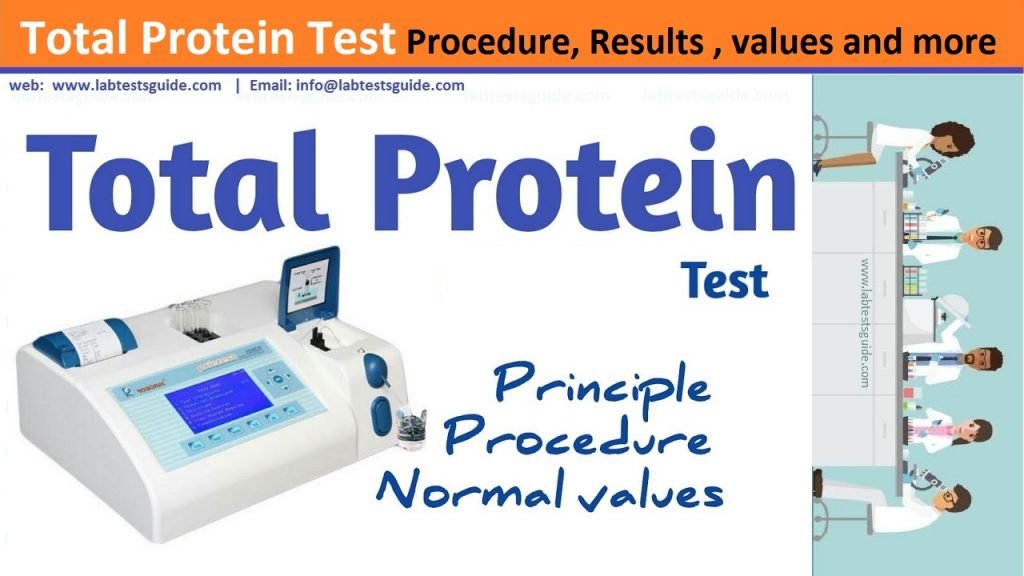

Some organizations do recommend that men who are at higher risk of prostate cancer begin PSA screening at age 40 or 45. Most organizations recommend that individuals who are considering PSA screening first discuss the risks and benefits with their doctors.
#Low t prot on blood test professional#
Is the PSA test recommended for prostate cancer screening?īeginning around 2008, as more was learned about both the benefits and harms of prostate cancer screening, a number of professional medical organizations began to caution against routine population screening with the PSA test. There is no evidence that either condition leads to prostate cancer, but someone can have one or both of these conditions and develop prostate cancer as well. In addition to prostate cancer, several benign (not cancerous) conditions can cause a person’s PSA level to rise, particularly prostatitis (inflammation of the prostate) and benign prostatic hyperplasia (BPH) (enlargement of the prostate).

PSA testing (along with a DRE) is also often used by health care providers for individuals who report prostate symptoms to help determine the nature of the problem. In 1994, FDA approved the PSA test to be used in conjunction with a digital rectal exam (DRE) to aid in the detection of prostate cancer in men 50 years and older. Until about 2008, many doctors and professional organizations had encouraged yearly PSA screening for prostate cancer beginning at age 50. The blood level of PSA is often elevated in people with prostate cancer, and the PSA test was originally approved by the FDA in 1986 to monitor the progression of prostate cancer in men who had already been diagnosed with the disease. The results are usually reported as nanograms of PSA per milliliter (ng/mL) of blood. For this test, a blood sample is sent to a laboratory for analysis. The PSA test measures the level of PSA in the blood. Prostate-specific antigen, or PSA, is a protein produced by normal, as well as malignant, cells of the prostate gland.


 0 kommentar(er)
0 kommentar(er)
